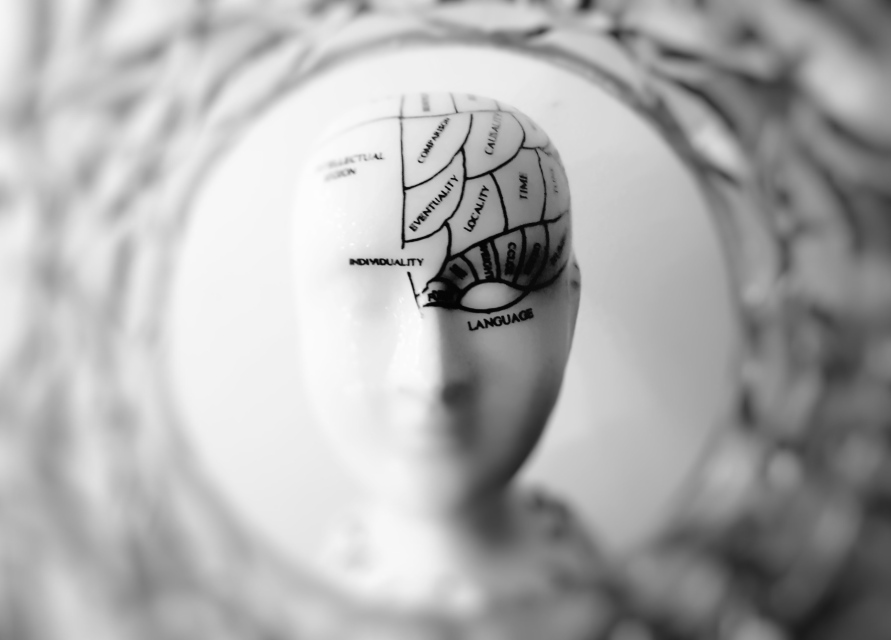A recent report found that over 80% of people feel distracted while at work, and, whether it’s because of the chatty co-workers, or due to the phone notifications popping onto the screen, workplace distractions can contribute to making employees enjoy their job less.
With UK Google searches for ‘free ADHD tests for adults’ also rising by 50% in the past week, Brainworks Neurotherapy has offered their expertise and guidance on the mental disorder, as well as 4 at-home brain training techniques that can help improve concentration.
Brain training to improve concentration
While these techniques may not cure ADHD, they can help improve focus, attention, and executive functioning skills.
1.Mindfulness meditation
This involves focusing your attention on the present moment without judgement. This can help reduce impulsivity as individuals will become more attuned to their impulsive tendencies and can recognize them as they arise.
Mindfulness meditation can also help individuals develop emotional regulation skills. By being mindful of emotions as they arise, individuals can observe them without immediately reacting to them. This increased awareness and regulation can reduce impulsive behaviour that often stems from emotional reactivity.
2.Organisation and time management strategies
Developing effective organisational strategies, such as using planners, setting reminders, and breaking tasks into smaller, manageable steps, can help those suffering from poor concentration stay focused and on track.
By incorporating these strategies into daily routines, individuals suffering from poor concentration can improve their ability to plan, prioritise and complete tasks, leading to increased productivity and reduced stress levels.
3.Exercise and physical activity
Regular physical exercise has been shown to have a positive impact on ADHD symptoms. Engaging in aerobic activities such as jogging or cycling, can help increase dopamine and norepinephrine levels which play a crucial role in attention, focus and mood regulation.
Individuals with ADHD often have lower levels of these neurotransmitters, so exercise can help increase their availability in the brain, leading to improved attention and mood stability.
4.Sleep hygiene
Establishing a consistent sleep routine and practising good sleep hygiene can enhance focus and attention during the day as well as reduce hyperactivity and impulsivity. Aim for a regular sleep schedule and create a calm and comfortable sleep environment, as this will also help to enhance mood and emotional regulation, as well regulating the circadian rhythm.
How does ADHA affect you?
James Roy, Technical Director at Brainworks Neurotherapy has explained the classic profile of ADHD:
“On a brain level, ADHD doesn’t fit neatly in a single box. Every case is unique.
“The “classic” profile is where the frontal lobes are stuck in a drifty, dreamy position. The feeling is a bit like being in a waking dream, causing an inability to bring your focus to bear when needed. Medication does well with this type, as does regular concentration or brain-training exercises to bring your concentration skills up.”
Roy has further given knowledge as to where ADHD can stem from:
“Nutrition, exercise habits and general health all have a bearing on our ability to focus. However, often overlooked is our emotional condition, which has an equal or greater impact.
“As a practical example, we all know that following a near-accident, serious argument or emotional turmoil, our impulsivity increases and our decision-making, and concentration skills suffer for a while. This is a case where deeper areas of the brain have taken over, commanding a greater degree of brain resources and leaving our frontal lobes shortened.
“Along the same principles, if we have constant low-level brain turbulence due to worries, long-term stress, work or relationship troubles, it can have a massive impact on our ability to stay on task when needed to.
“This is why ADHD diagnoses often go hand in hand with emotional or developmental trauma. It points to a deeper brain activity problem with concentration. However, the result is the same, an impaired ability to focus and stay on task.”
The ADHD diagnosis and what to expect
“We can only speculate as to why the sudden increase in ADHD diagnoses, whether it’s more awareness around the issue, advertising by private clinics or an actual rise in concentration troubles.
“The NHS assessment for ADHD is a full and proper 3-hour workup, involving various methods including interviews, questionnaires, and psychological tests. They will explore your symptoms, their duration and their impact on different areas of your life, and gather information from other sources, such as family members or teachers where appropriate.
However, with the sudden rise in cases, the waiting times can be up to three years. Private ADHD clinics have been picking up the slack but have gained a reputation for going too far the other way with a quick online form and interview for a rather hefty sum.
A less well-known option is to get a brain map (QEEG or Quantitative Electroencephalograph) to see what your situation is on a functional level.
Brain maps are reasonably priced in comparison and can give you a good picture of the “why” of any concentration troubles. Once the troubles have been identified; you can follow up with specific brain training techniques to help correct the underlying issues.”
You might also enjoy reading about these yoga poses that can be performed in the office to help your concentration and wellbeing.















